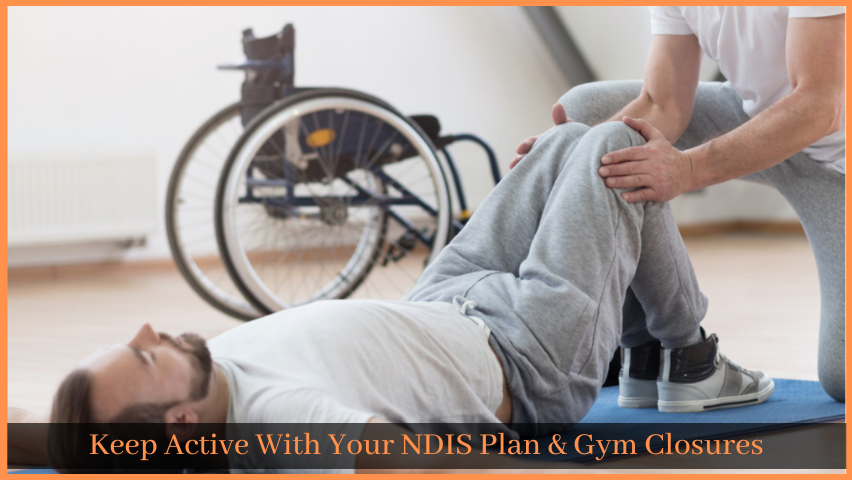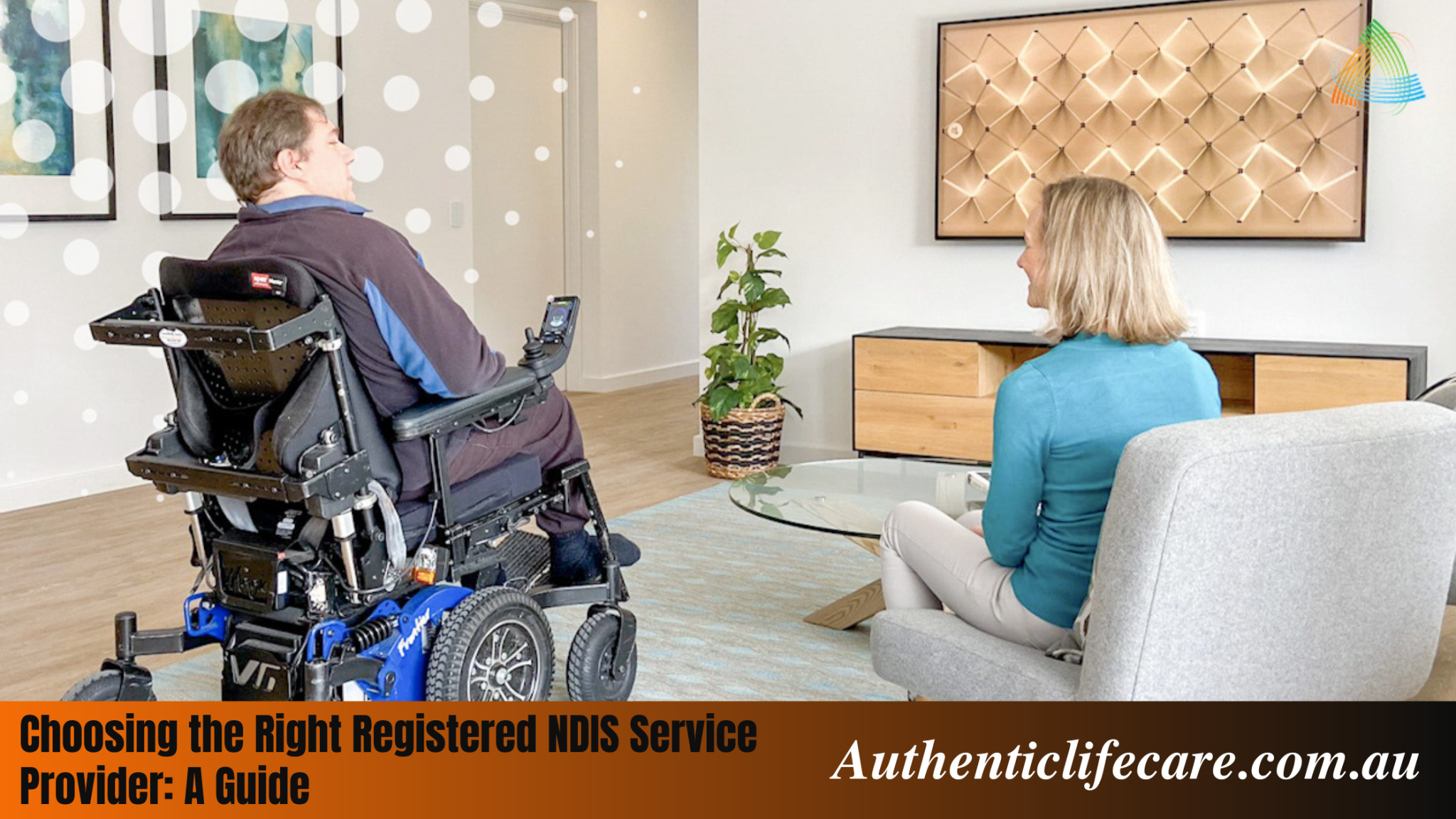Many people’s fitness regimens have been hampered by the closure of gyms in significant portions of the country due to lockdowns. Gym closures and other restrictions can have a significant influence on our mood and mobility, given how important exercise is for our mental and physical health. It’s critical to stay active under lockdown, whether you use the gym for therapy or simply like working up a sweat. Here are some suggestions for keeping up your gym or physiotherapy routine while working toward your NDIS goals.
Make adjustments to your workout.
Even if you don’t have all of the fancy equipment and exercise types of equipment, your home can still support a great home workout with some creative thinking! There are plenty of creative ways to turn your home into a makeshift gym. Swap the dumbbell for a tin of baked beans, the TheraBand for a pair of tights, and the physioball for a tennis ball. Reach out to your trainer or physiotherapist (if you have one) and see what they recommend for how to alter your programme while the gym is closed.
Bring the gym to you
If a modified workout isn’t cutting it for you, ask your gym or physiotherapist if they can lend you any equipment. Even a single medicine ball or exercise ball can go a long way, so see what they have and ask how you might use it in your regimen. If you are unable to borrow anything, you may be able to use your NDIS funds to acquire the equipment you require. As a result of the pandemic, the NDIS has made it easier to buy low-cost, safe exercise equipment with your flexible Core money and without the need for an occupational therapist’s recommendation. TheraBands, lightweights, and workout balls are examples of this. You’ll still need an OT report that explains why you need larger equipment that poses a danger or costs more than $1,500.
Recruit in an online program.
Over lockdown, many gyms and physiotherapists are giving remote sessions to members. You can join and chat with a private or group session in real-time with these live video sessions. Your trainer or physiotherapist may evaluate your technique and offer helpful advice via your camera, which can help you avoid injury. Don’t have a webcam or a sufficient computer? Because the NDIS is making it easier for people to communicate with their service providers during lockdowns, you may be able to use your Core funds to buy an iPad or other tablet to participate.
Enlist the help of a friend or family member as a training partner.
Consider enlisting the help of a support worker who already comes to you for face-to-face assistance with day-to-day duties. Having a training partner in the room can assist you in safely and effectively performing particular techniques and exercises. Your support worker can assist you to maintain your routines in your own home, whether it’s stretching that little bit further, shifting weight into place, or simply urging you to keep going.













